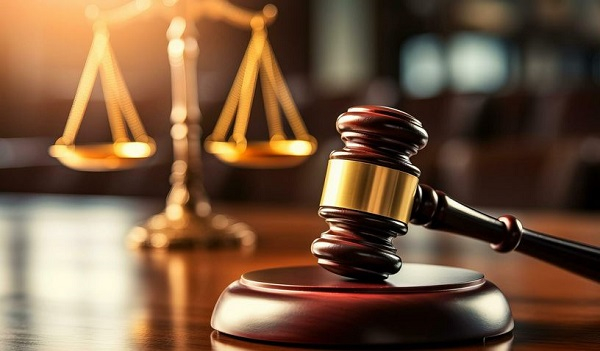- The Kumasi High Court, presided over by Justice Dorinda Smith Arthur, has adjourned the legal battle between Akosua Serwaa and Odo Broni to October 28, 2025.
- Akosua Serwaa seeks a court declaration recognizing her as the sole surviving spouse of the late musician Daddy Lumba.
- She also wants to be declared the only person entitled to perform widowhood rites at his funeral, scheduled for December 6, 2025, at the Baba Yara Stadium.
- Lawyers for the defendants filed a motion challenging her capacity to bring the matter before the court.
- The court declined to entertain the objection at this stage and directed all parties to file their responses within 14 days before the next sitting.
The long-brewing legal feud surrounding the late highlife legend Daddy Lumba’s widowhood has taken another turn, as the Kumasi High Court postponed its ruling to October 28, 2025. The adjournment was announced by Justice Dorinda Smith Arthur after both sides appeared before her in Kumasi on Wednesday.
The dispute pits Akosua Serwaa, who identifies herself as Lumba’s lawful wife, against Kofi Owusu Fosu, head of the musician’s external family, and Priscilla Ofori, widely known as Odo Broni. Serwaa is asking the court to officially recognize her as the only surviving spouse — and by extension, the rightful person to perform the traditional widowhood rites for the late icon.
The matter carries heavy implications for the upcoming funeral arrangements scheduled for December 6, 2025, at the Baba Yara Sports Stadium. A ruling in Serwaa’s favor could reshape the structure of the ceremony or even delay it entirely.
During the court session, the defendants’ lawyers submitted a motion questioning Serwaa’s legal authority to initiate the case. However, Justice Smith Arthur declined to hear the objection, explaining that it was not properly before the court at this stage. She further stressed that the matter would be treated as a priority once the preliminary issues are resolved.
The defense has since filed a conditional appearance motion, pending the full hearing. The court instructed all parties to respond within fourteen days, paving the way for a potentially decisive sitting at the end of the month.
This case is more than a battle over marital recognition — it touches the deeper complexities of love, legacy, and law. The passing of public figures often brings hidden tensions to light, revealing the fragile intersection between personal relationships and societal customs.
In this instance, the court’s eventual decision will not only determine who performs the widowhood rites but may also shape public perceptions of fairness in traditional and legal claims to marriage.
It’s a reminder that even in death, the legacies of the famous remain contested, and that true closure often lies as much in justice as it does in ritual.

